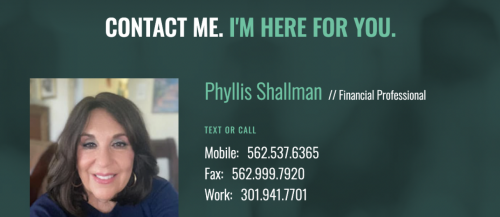

Are you stagnating?
Have you fallen into a rut of living the same day over and over again, rehashing the same information and thinking the same thoughts? Maybe you’re bored and looking for adventure or intellectual stimulation. It turns out that there are actually a few things you can do to consistently push your mental capacities and become a lifelong learner!
Read daily.
Good writing is magical. It can transport us to distant lands and introduce us to incredible worlds and characters. But reading can also transform our minds, especially when we encounter new and challenging ideas. We’re able to overcome the limitations of our own imaginations and experiences and see the world through someone else’s eyes.
Surveys have shown that almost all successful people, regardless of their backgrounds, read extensively.¹ And it’s no wonder; the ability to assume appreciate perspective is incredibly powerful. But what should you be reading?
Expand your horizons.
Not all reading is created equal. Romance novels about vampires and werewolves might count as brain “junk food”. It also might be best to avoid a 19th-century philosophical treatise right out of the gate!
Instead, explore entry-level books about topics you don’t know a lot about. Dip your toe into new subjects and see if they spark your interest! You can always move to more advanced work on the subject from there. On the other hand, you can find new opinions and perspectives on topics that you’ve already mastered. How is your field changing or evolving?
Conversation is another great way to encounter new ideas. Chances are that you’re surrounded by vast amounts of knowledge sitting untapped inside your friends and family. You just need to know how to extract it! The keys are to listen seriously and ask real questions based on what you’ve heard. Most of us are more consumed with what we’re going to say next than with what the other person is saying. Honing in on what you’re hearing and trying to develop questions as you listen helps you understand what they’re saying and fuels your curiosity. It’s a virtuous cycle where everyone benefits!
Focus intensely.
But the key to both of these lifelong learning strategies is to focus intensely. That means when you’re reading or taking a class, turn off your phone and absorb what’s right before you. Engage in conversation intentionally, asking real questions based on what the other person is saying. You might be surprised how tricky both of those things can be at first! But stick with it. Those learning muscles will grow stronger and stronger until you’re brimming with information!
One final tip: always ask why. Don’t just ponder something to yourself. Ask someone who might possibly have an answer! And don’t be vague. Be as precise and specific as possible when you ask your question. The best thing about learning is that you can potentially keep learning forever! Learn to love the process of learning, and you might be amazed by how far your brain power can go.
¹ “A self-made millionaire who studied 1,200 wealthy people found they all have one — free — pastime in common,” Kathleen Elkins, Insider, Aug 21, 2015, https://www.businessinsider.com/rich-people-like-to-read-2015-8